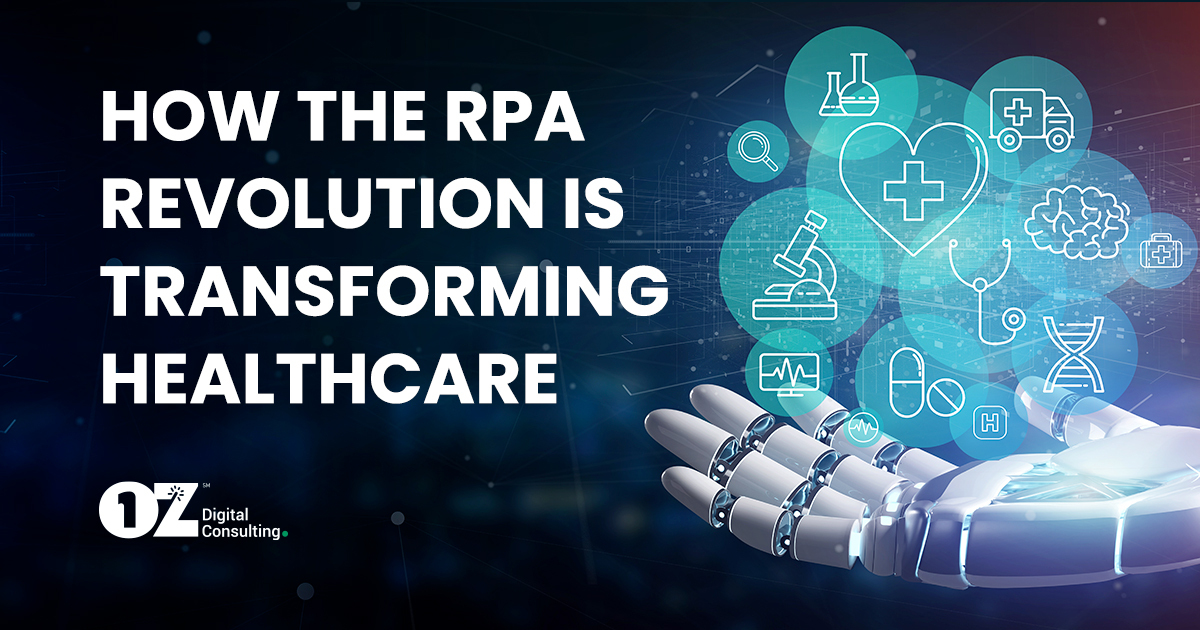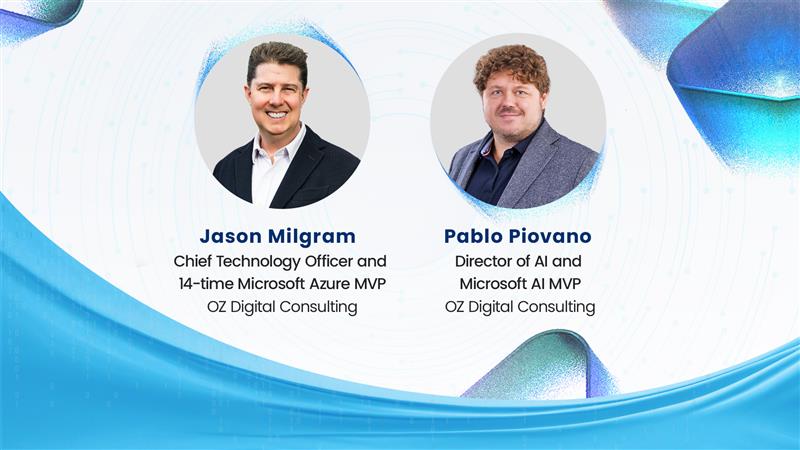Think of the Robotic Process Automation (RPA) revolution as the rise of “software robots.”
These robots can not only reboot, mimic, and learn, but also perform rule-based processes and tasks.
Oh, and did we mention they perform these processes and tasks with more accuracy than people usually do, working around the clock and with one hundred percent precision?
It’s true.
Not only that, these specialized bots are evolving constantly, perceiving human digital actions and morphing into different variants to respond—a major potential boon to every industry, of course, but particularly to healthcare.
So, how are these once-unimaginable “thinking” bots changing the way business is done in offices, labs, and hospitals across the planet?
Let’s explore…
Time is money. But, remember, wealth is also health.
In our fast-paced, tech-driven, interconnected world, possibility is often only limited by time and access.
And nowhere is this more true than in healthcare: a vast and growing industry that encompasses clinical facilities, drug manufacturing, medical equipment, health-related support services, and more, touching virtually every area of our lives.
There are many moving parts inherent to here—repetitive tasks that can take time away from actual diagnosis, treatment, and research.
Enter RPA.
Benefits of RPA in healthcare include…
- Increased efficiency and cost savings. By automating rote, time-consuming administrative tasks surrounding, for example, appointment reminders, employee scheduling, bookkeeping, regulatory compliance, claims processing, and inter-industry communication, RPA can increase productivity and free up staff for higher-value, patient-centered work. Integrating RPA into healthcare claims administration workflows can reduce processing time to a few seconds.
- Improved patient experience. The reliability and predictability of bots translates to a reliability and predictability of customer experience. Machine learning and intelligent automation (IA) make it easy to address patient questions quicker and with more consistency, for example, by providing bots with past questionnaire answers—thereby streamlining the process of examination, diagnosis, and treatment.
- Electronic health record (EHR) management. The extraction, analysis, and optimization of the vast amounts of data healthcare creates and requires is challenging, to say the least. The same can be said for the management of the databases that eventually house it. And a single error can create havoc. RPA provides continuous record management and regulatory compliance with pinpoint accuracy.
- Enhanced security. The risk of data leaks and fraud are greatly mitigated by RPA processes that install specific and powerful security software and, again, intelligently analyze and shift to meet evolving needs and threats.
Final thoughts
Despite its efficiency and value, only a small percentage of healthcare organizations are currently utilizing RPA on the scale described above—but this should not be so.
Healthcare is a fast-growing industry that is an integral part of the economy of the world. And it can be made more effective by the means of automation, ultimately benefiting us all.
To find out more about how OZ is bringing the human experience to healthcare click here.



